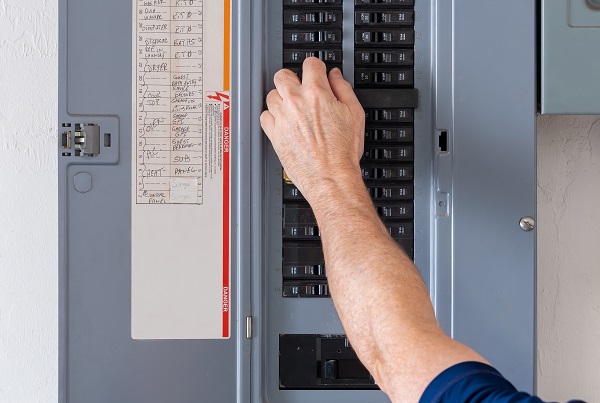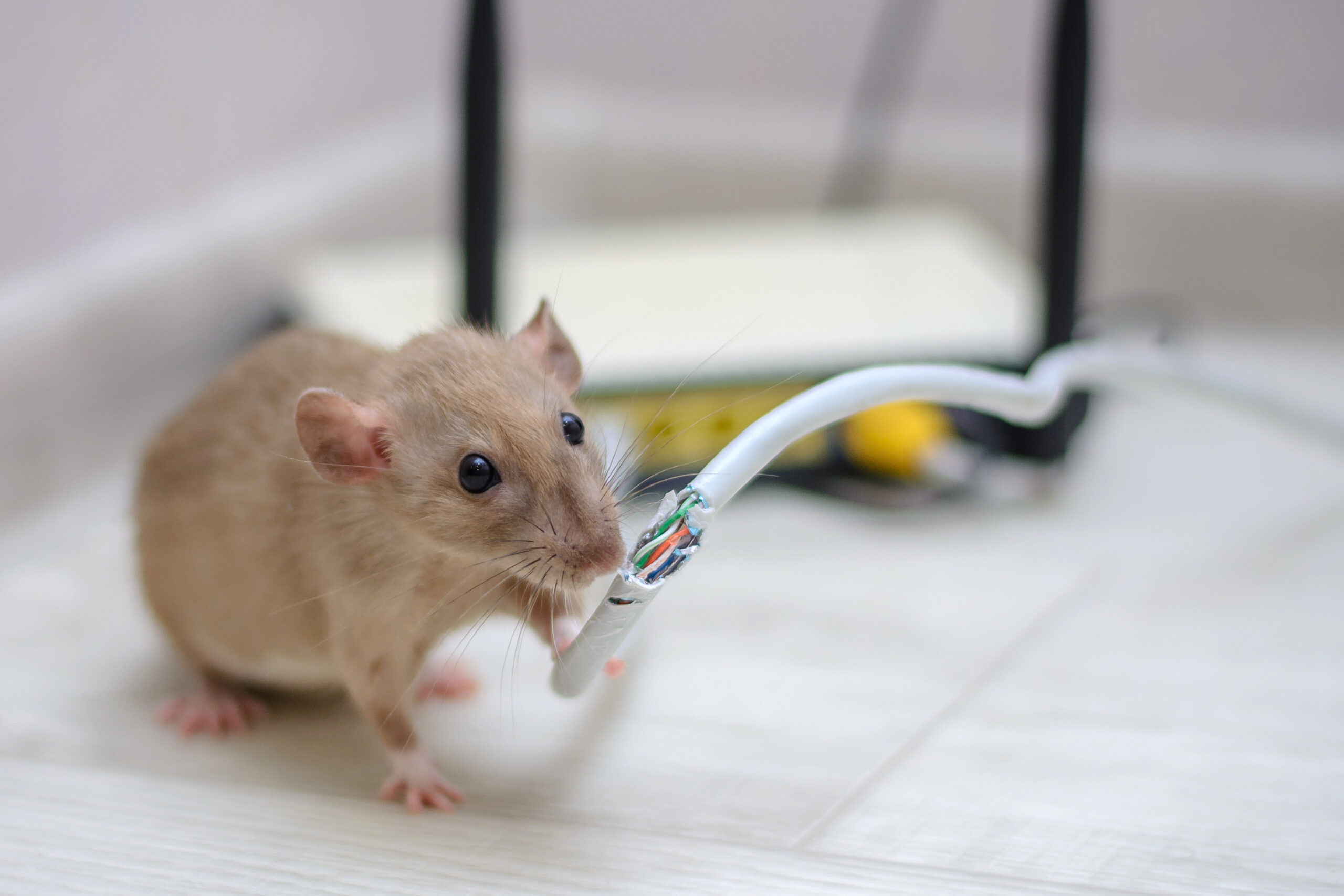You probably have some electrical works in your home and you’re looking to hire a good residential electrician. You want the best electrician in Texas, but you don’t know how to hire one. You’re definitely on the right page. You’ll learn what to look for in an electrician here.
Here are 8 things to consider when hiring a residential electrician:
1. Start by asking for reference
A good electrician is distinguished by their top-notch services. That’s why you should ask your friends, colleagues, family members, and anyone you know that recently used the service of an electrician. They should not only refer you to their electrician, but also let you know what they like about the service of the electrician.
This way, you’ll get the contacts of some good electricians. In other words, reference and positive reviews are some of the qualities to look for in an electrician. DFW electricians seem to be one of the best electricians in Texas, and we have wonderful reviews from clients. You may want to try us out.
2. Being licensed is important
Another thing to ask your electrician is their license. Even an unlicensed electrician will claim to have a license. This is why you should endeavor to see a copy of their license in your own interest. Remember, it is a crime to operate as an electrician without a license and it is also a crime to hire an electrician that is not licensed. With DFW electricians, you don’t have to worry about their licensure status because we are licensed to serve Texas.
3. Choose an insured electrician
For two reasons, you should hire only an insured electrician. If you’re being served by an insured electrician and an accident occurs, and one or some of the electricians get injured, their insurance company will foot the medical bills. If you mistakenly hire an electrician that’s not insured, you’ll be liable for their medical bills.
Another reason to hire an insured electrician is that if any of your appliances or a part of your property gets damaged during electrical works, you’ll be duly compensated by the insurance company of your electrician. But if your electrician isn’t insured, you’ll be on your own. You may have to file a lawsuit to get the electrician to fix the damages. At this juncture, it is necessary to let you know that DFW electricians are fully insured. Hiring us will give you additional peace of mind.
4. Experience matters too
Only highly experienced electrical contractors can offer the best services. That’s why you should ask to know how experienced your electrician is. It is preferable to hire an electrician with at least 3 years’ experience gathered from serving Texas cities. It might interest you to find out that DFW HVAC technicians and DFW electricians have been offering top-notch services to the residents of Texas for several years. We are highly experienced.
5. Do they offer 24-hour services?
This matters too. You need an electrician or HVAC expert that is available 24 hours a day. What if your HVAC breaks down in the night? You don’t have to wait till morning to get it fixed. That’s why you need an electrician that provides 24-hour services. This is one of the hallmarks of DFW electricians and DFW HVAC technicians. Even if the electrical problem occurs at 2am, you can contact us immediately and we’ll hit the road instantly.
6.Knowledge of your electrical code
Every city has its electrical code. The electrical code is a set of regulations that must be followed in wiring and electrical installations. The main goal of an electrical code is the safety of all involved. And different communities have different electrical codes. So, you need an electrician that understands the electrical code in your community very well.
7. Great turnaround time
We all want the electrical problem in our homes fixed as quickly as possible. And this is understandable. Electricity is very important in homes. Most of the appliances that make our homes more homely are powered by electricity. Therefore, every electrical problem comes with a certain degree of discomfort. When it comes to fixing electrical problems, every second counts.
That’s why you must find out the average turnaround time of your electrician. That’s where we are head and shoulders above the rest. DFW electricians are trained to deliver speedy solutions. With our state-of-the-art equipment and wealth of experience, we can easily get to the root of every electrical problem and proffer the most cost-effective solutions.
8. Good reputation
It is also necessary to do your due diligence. When you decide on the electrician to hire, it’s necessary to search on Google for some reviews about them. Once you don’t find negative reviews about them, you’re good. On the other hand, if you see more than three bad reviews from different people, you may have to look for another electrician. We are proud to say you won’t find negative reviews about us – Blessed Electric & Air. We always put our customers first and we serve them with honesty. Most importantly, our rates are highly competitive.
Conclusion
We believe that the best time to search for an electrician is now. If a serious electrical problem arises in your home, you’ll be focused on getting it fixed as quickly as possible. You may not be able to check for all the qualities listed above. In fact, in that situation, you’re likely to hire the first electrician whose contact you stumble on. And you may end up in wrong hands. So, you should begin your search for a residential electrician now. In the alternative, since DFW electricians meet all the requirements discussed above, why not contact us today?





